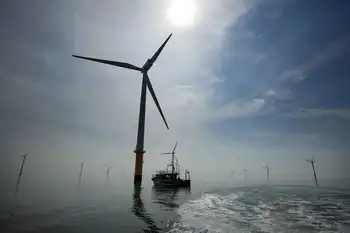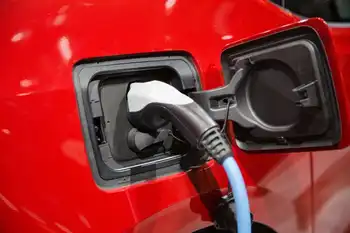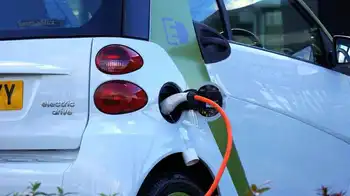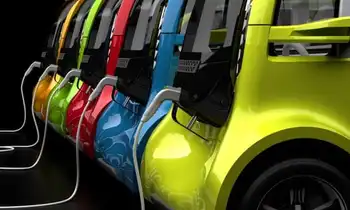Solar panel sales double in the UK as homeowners look to cut soaring bills
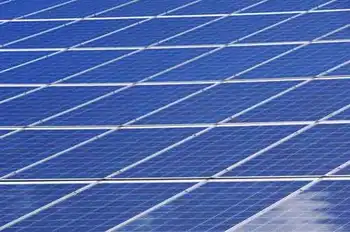
Electrical Testing & Commissioning of Power Systems
Our customized live online or in‑person group training can be delivered to your staff at your location.

- Live Online
- 12 hours Instructor-led
- Group Training Available
UK Home Solar Panel Installation drives self-consumption as PV panels, hybrid inverters, and smart meters cut grid demand, enable EV charging, and prepare battery storage, even in cloudy winters, with app-based monitoring and MCS-certified installers.
Key Points
A residential PV setup reducing grid reliance via panels, hybrid inverters, smart meters, and battery-ready design.
✅ Cuts grid use; boosts self-consumption with PV generation
✅ Hybrid inverters enable future battery storage integration
✅ Smart meter and app monitor output, EV charging patterns
In a town north of London, the weather's been cloudy over the winter months. But it didn't stop this homeowner from installing solar panels in December.
On his smart metre, Kumi Thiruchelvam looks satisfied at the "0 watts" showing up under electricity. It's about 10 am, and he's not using any electricity from the grid.
Cost of installation? Between £12,000 and £13,000 (€13,500-€14,500), a fair chunk of savings, even for Thiruchelvam, who lives on a private avenue in Luton.
The investment was common sense for him following the surge in energy prices caused by the Russian invasion of Ukraine.
According to the Office of National Statistics, electricity prices in the UK had increased by 67 per cent in January 2023 compared to January 2022, while pilots show parked EVs can earn from grids in Europe, offering some relief.
Solar power installations doubled in 2022 compared to 2021, according to MCS, the standards organisation in charge of solar installations, a shift aligned with the UK grid's net-zero transition underway today.
"We've had a combination of soaring energy prices around the world, and then also we've increased our electricity consumption in the home through a number of reasons, including electric vehicles and emerging EV-solar integration trends," says Thiruchelvam.
His family owns a big house and no less than three electric vehicles, some of which can now power a home for days during outages, so their electricity consumption is higher than the normal household, about 12,000 kWh per year.
Around two-thirds should now be provided by solar panels, and EV owners can sell electricity back to the grid in some schemes as well, diversifying benefits.
"We originally sought the configuration to be rear, which is where the sun comes up, but we went for the front because it spends more time in the front throughout most of the year than in the rear. Also, there's more shade in the rear with trees," he says.
To get a quote for the installation, Thiruchelvam used Otovo, a Norwegian company which recently launched in the UK.
Using their app, he can monitor the electricity generated by his photovoltaic (PV) installation from his phone. The data comes from the inverters installed in the attic.
Their role is to change the direct current generated by the solar panels into alternating current to power appliances in the house safely.
They also communicate with the grid and monitor the electricity generated, supporting emerging vehicle-to-building charging strategies for demand management.
"We went for two hybrid inverters, allowing me to use a battery in the future or tap stored EV energy for buildings if needed," says Thiruchelvam.
"But because battery technology is still evolving, I chose not to. And also I viewed at that time that we would be consuming everything we'd be generating. So we didn't. But most likely I will upgrade the system as we approach summer with batteries."






